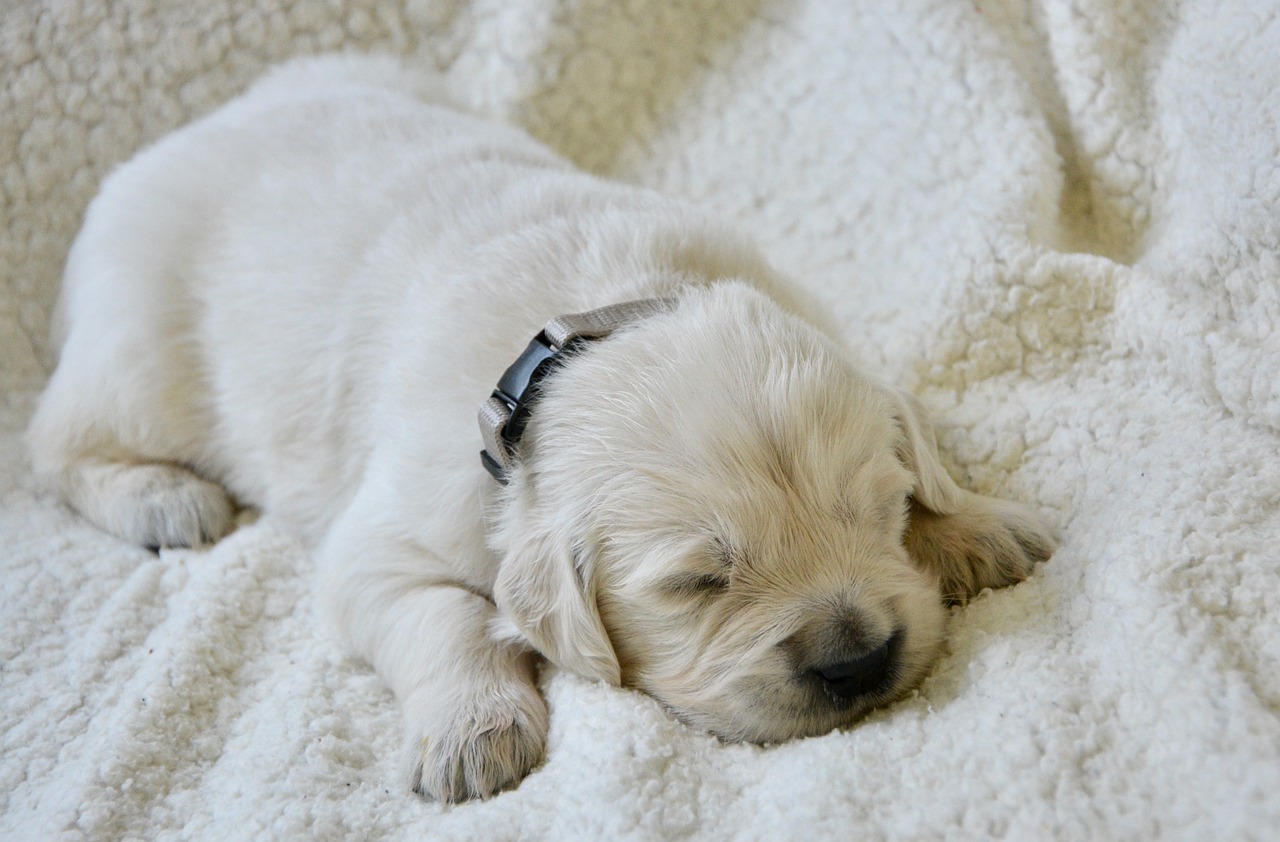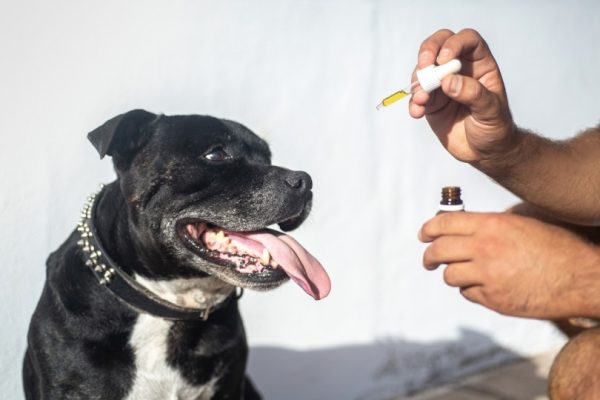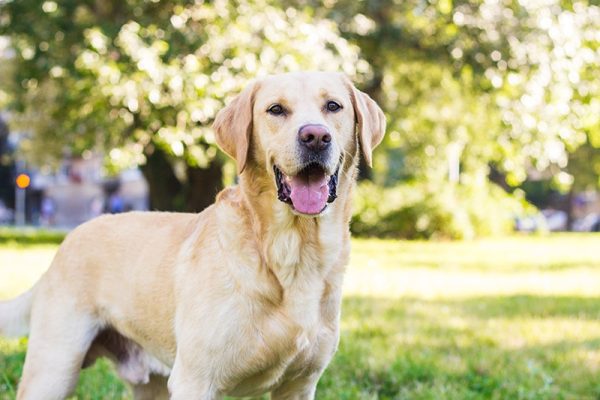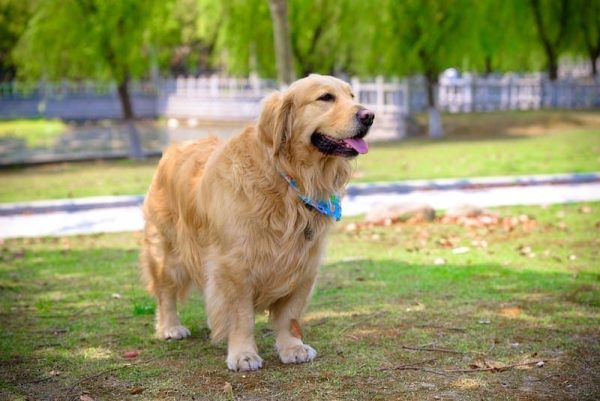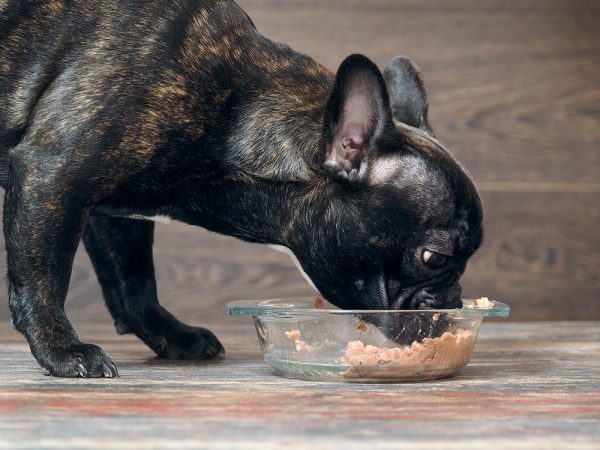In this article
View 3 More +Welcoming a puppy to the house is an exciting time, but it can also be stressful wondering whether you are getting everything right and whether your young puppy is healthy and doing well. While most of us picture puppies being little bundles of energy, bouncing around, playing and investigating everything in their vicinity, it can be surprising just how often and for how long they sleep.
The younger a puppy is, the more it needs to sleep, but you can expect a brand-new puppy to sleep as much as 20 hours a day. By the time the puppy reaches 6 months, it should be sleeping most of the night and for an adult dog (over a year), a total of 12 hours sleep every 24 hours is normal.

Puppy Sleep Requirements
Puppies grow and develop very quickly, and this is especially true of young puppies aged between two and four months. During this time, a typical puppy will double in weight, which means a lot of physical development.
Bones and muscles need to recover and regenerate, and this occurs when the puppy is asleep. Sleeping also assists in cognitive development and a good sleeping pattern helps ensure that your young pet is bright, alert, and ready for the day ahead. As the puppy ages, its development slows, and, as such, it doesn’t need as much regenerative sleep.
However, adult dogs still sleep more than adult humans with a typical adult dog sleeping between 10 and 12 hours in a 24-hour period.
Puppy Sleep Times by Age
Puppies, and dogs in general, don’t get all of their sleep in a single session. They will usually sleep several hours at night but will also take naps during the day. It isn’t uncommon to see a very young puppy fall asleep halfway through playing or while walking across a room.
Although it differs for every puppy, a good guide for how long puppies sleep, according to age, is as follows:
| Age | Sleep (every 24 hours) |
| 2 months | 18-20 hours |
| 4 months | 18-20 hours |
| 6 months | 15-18 hours |
| 1 year | 10–12 hours |
Some dogs, even adults, will sleep more or less than this. If your dog has had a challenging day, either with lots of physical exercise or new experiences that challenge the dog mentally, they will likely sleep more. And if their nighttime sleep pattern is disturbed, your dog may sleep more during the day.
If you are at home, you will notice your dog sleeping more during the day but may not notice it sleeping less at night.
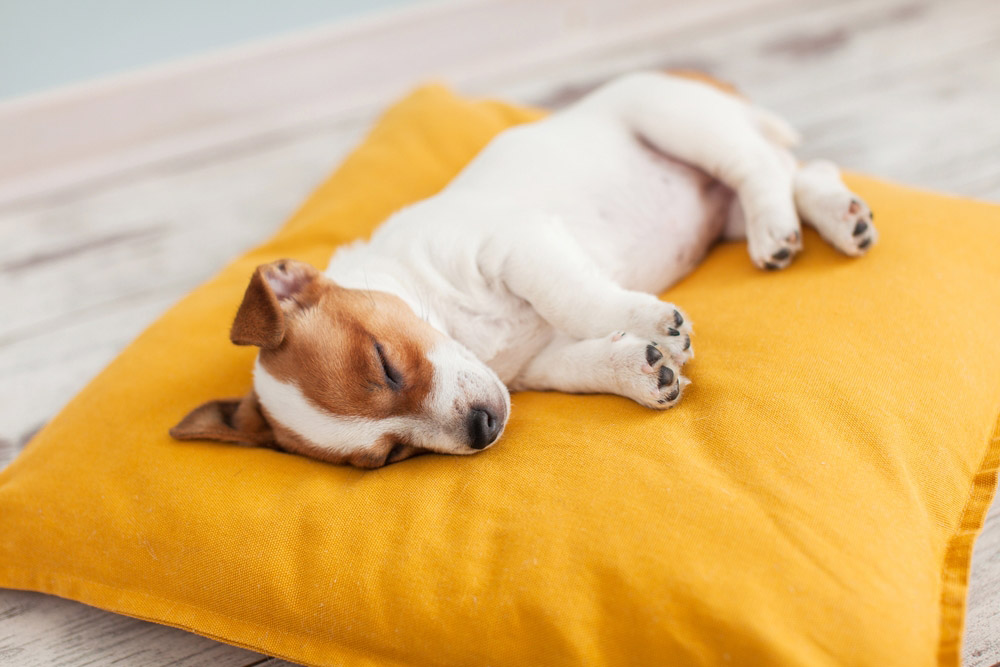

The 5 Tips to Encourage a Settled Sleeping Pattern in Puppies
Puppies sleep a lot, but that doesn’t mean they sleep when you want them to. Ideally, your pup will start to sleep most of the night, although young puppies will need to get up to pee and poop at some point, and they will learn to sleep through the night over time.
Below are 5 tips to help encourage a settled sleeping pattern from your young pet.
1. Have Them in Your Room Initially
If you are worried that you won’t get a full night’s sleep when your new puppy arrives, it can be tempting to put them in a different room to you. But, at least initially, it is better to have your puppy settle down for the night in your bedroom.
You can put them in a crate or bed but having them in the same room means they can tell you if they need to go to the toilet, and it will make it easier for them to settle because they won’t be as worried.
2. Toilet Before Bedtime
Young puppies will need to pee during the night but get into the habit of taking them out just before bedtime. If they empty their bladder, it will mean that they will need fewer toilet breaks during the night. Eventually, they will be able to sleep through without needing to wake you up for a pee.
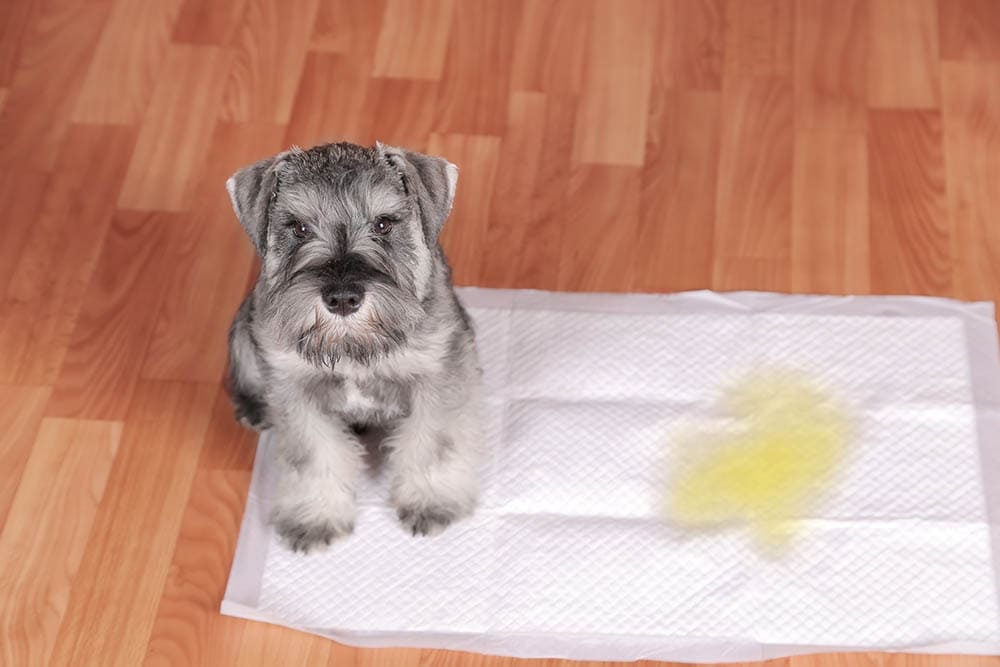
3. Keep It Calm
Once your puppy is in bed, be calm and try to be as quiet as possible, to encourage a restful environment. Too much loud noise or too much movement around your puppy’s bed will make it very difficult for them to go to sleep and stay asleep. You should still go about your life but don’t intentionally wake your puppy up if you can help it.
4. The Dog Bed Isn’t a Punishment Area
Never treat your dog’s bed as a punishment area. Don’t send them to their bed if they misbehave, or they will start to view it as a punishment and will be less inclined to get in bed when they need to. The same goes if you use a crate.
The crate should be a positive place that fosters positive emotions in your dog, so don’t use it for punishment.
5. Consider a Crate
A lot of new owners are reluctant to use crate training because they view the wire-barred walls of the crate as some kind of cage. However, lots of dogs take well to crate training.
It gives your dog an area that is theirs and that they can rely on as being safe. With positive reinforcement training, your puppy will learn that the crate is a comfortable, safe and positive place to be. Puppies are also less likely to go to the potty on their bed, so it helps with potty training.
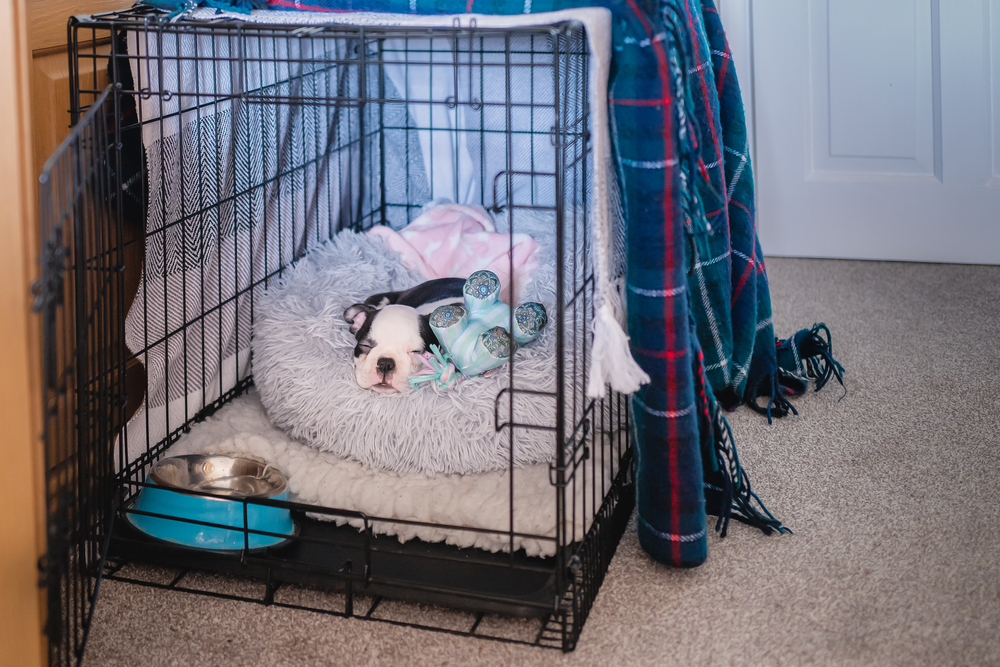

Frequently Asked Questions (FAQ)
Should I Let My Puppy Sleep All Day?
Young puppies need between 18 and 20 hours of sleep in a 24-hour period, which means that your puppy will spend most of its time asleep. You can try to encourage a routine that will ensure your dog is awake before bed so you can spend some time with it, but your awake time together will be limited during the first few months.
Should I Ignore My Puppy Crying at Night?
When a puppy leaves its mother and its litter, it’s a very stressful time. Your puppy’s crying is an indication that it is struggling to cope with the massive change and ignoring it may make matters worse.
Provide some reassurance by letting them know you’re there but try to avoid getting them out of their bed or crate every time they whine. Give them a chance to settle before taking further action.
Do Puppies Need to Toilet at Night?
Until your puppy reaches the age of about 4 months, it will likely need to pee at least once during the night. Set an alarm for about 4 hours after your puppy goes to bed so you can be ready to let them out to do their business. From around 4 to 6 months, your puppy should be better at sleeping through the night without having to go out.


Conclusion
Puppies need a lot of sleep to help them recover and develop. Young puppies can sleep as much as 20 hours a day, and even 6-month-old puppies might sleep some 15-18 hours a day. Some will sleep more than this, and some may not need as long, especially as different breeds and dogs develop at different rates.
Try to get into a routine, ensure your puppy has a comfortable place to sleep, and let them outside to go to the toilet before bedtime.
Featured Image Credit: JACLOU-DL, Pixabay
